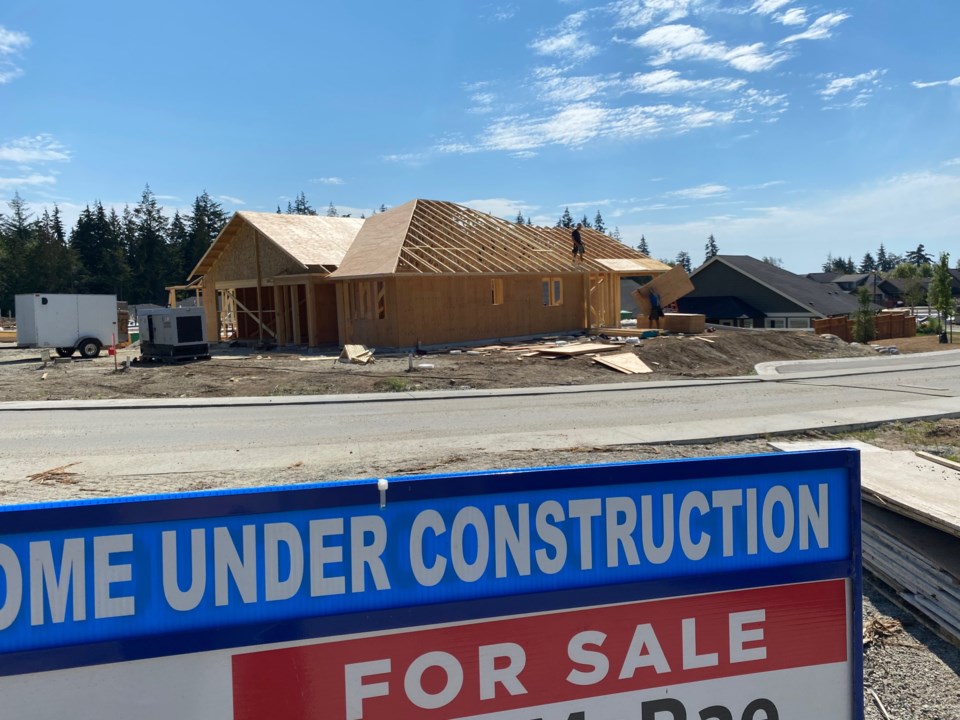Months away from a two-year federal government ban on foreign homebuyers, such investors are already nearly non-existent in B.C., despite a falling loonie.
The ban on foreign buyers comes into force January 2023. This means that for two years, foreign investors will be unable to purchase residential real estate in Canada. However, the legislation includes exceptions for permanent residents, foreign workers and foreign students, as well as foreigners buying their primary residence in Canada.
One would think that a looming ban on buying and a lower Canadian dollar, which is down more than 7 per cent against the U.S. dollar this year, would trigger a rush of offshore buyers.
However, foreign investment in B.C. has flatlined, suggesting that currency valuations may not have an impact on real estate at the moment, especially in a market like Vancouver, noted Tsur Somerville, senior fellow at the University of British Columbia’s Centre for Urban Economics and Real Estate.
According to Brendon Ogmundson, chief economist for the British Columbia Real Estate Association, there has not been an uptick in foreign investment.
Instead, there is economic uncertainty due to interest rate hikes, said Somerville. In addition, inflation removes the competitive edge that a lower Canadian dollar may provide.
But economic angst is not the only reason foreign investors may see Vancouver as undesirable.
In a statement to Business in Vancouver, Joo Kim Tiah, CEO of TA Global and the Holborn Group, said that factors such as a small market and population, issues with workforce productivity, high personal taxes and safety issues downtown make Vancouver an uncertain investment.
“When it comes to real estate investment, Vancouver is super idealistic, with the highest standards in the world with regards to sustainability and livability, which we all know cost money, but at the same time, [Vancouver has] been very timid with regards to density.”
According to Tiah, other investment considerations include the time it takes to get permit approvals, and local government bureaucracy.
For many, the 20 per cent foreign homebuyer’s tax would also seem like a deterrent.
But, according to Tiah, it only acts as a consideration in the sense that it sends the wrong signal to foreigners.
“I mean we are supposed to be an open and welcoming country, and this goes against what Canada is supposed to stand for. Foreign investors that are looking to strictly invest, would look at other regions or countries that don’t have this.”
Ogmundson said that the extra tax tells foreigners that they are not welcome to invest here. He acknowledged that a balance has to be met and that there is such a thing as too much foreign investment.
“But the correct number is not zero, either. There are sometimes, especially in larger projects when you need to access deeper capital markets and maybe you need to go outside of Canada,” he said.
Meanwhile, Canadians are the second-largest buyers of U.S. residential real estate, second only to residents of China, according to the Washington, D.C.-based National Association of Realtors.



